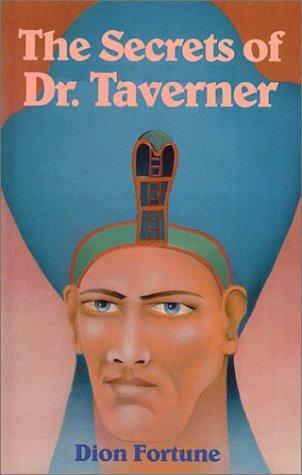Jeff Lilly rated The Mabinogion: 5 stars

Linguist, author, Druid. Research scientist, lover of fantasy, SF, language, history, hiking, and nature. “Instead of conceiving ourselves separate, exalted, exceptional overlords of creation, we must perceive our part in an ecological community, and seek to be in compassionate, full relationship with every bee, rock, particle, and hurricane.”
This link opens in a pop-up window


Louise A. DeSalvo: The art of slow writing (2014)
In a series of conversational observations and meditations on the writing process, The Art of Slow Writing examines the benefits …

An insider’s tour through the construction of invented languages from the bestselling author and creator of languages for the HBO …

Eugene Onegin (Russian: Евге́ний Оне́гин, BGN/PCGN: Yevgeniy Onegin) is a novel in verse written by Alexander Pushkin.
It is a …

An account of all the new and surprising evidence now available for the beginnings of the earliest civilizations that contradict …

Perhaps no occultist in the 20th Century has so fully combined a practical knowledge of Magick with a deep understanding …
While this book was really informative and entertaining, and I'll definitely be using it for worldbuilding reference, there are a few things that kept me from giving it five stars:
* The jokes got a little repetitive. But if you spread out the reading over a few months this is fine.
* There is precious little social science, which I thought was a pretty glaring omission considering North's training in linguistics. Where is the advice about how to build coherent, healthy societies and families? How to prevent income disparities and provide universal education? We're trying to build a civilization here!
* Some of the science he includes is out of date, or reflects commonly held assumptions instead of the latest research. For example, he suggests that farming is essential to prevent famine and reduce the amount of time you have to spend gathering food, but really a better way to …
While this book was really informative and entertaining, and I'll definitely be using it for worldbuilding reference, there are a few things that kept me from giving it five stars:
* The jokes got a little repetitive. But if you spread out the reading over a few months this is fine.
* There is precious little social science, which I thought was a pretty glaring omission considering North's training in linguistics. Where is the advice about how to build coherent, healthy societies and families? How to prevent income disparities and provide universal education? We're trying to build a civilization here!
* Some of the science he includes is out of date, or reflects commonly held assumptions instead of the latest research. For example, he suggests that farming is essential to prevent famine and reduce the amount of time you have to spend gathering food, but really a better way to prevent famine is practice birth control, and farming is extremely labor intensive compared to gathering berries and shellfish. Also, he argues that humans didn't invent language (language!) until about 50,000 years ago, which is extremely speculative at best. I won't go into it all here, but a linguist really should know better.

The author of the widely praised Wordslut analyzes the social science of cult influence: how cultish groups from Jonestown and …
Excellent book. It surveys the current state of research quickly and thoroughly, and makes it clear that antonym research is both very difficult and very important. There are several different ways to approach the research, and it’s rather like trying to explore the ocean with radar: some things come through clearly, others are hazy, and most of it remains mysterious. The book lands on an analysis I basically agree with, but the proposal (the idea of an Antonym Construction that is only lexical, with no syntactic or surface ordering information) is bold, and I think has a lot of theoretical implications. I think construction grammars already have a problem of “overgenerating” possible linguistic expressions (i.e., they are good at describing observed languages, but would also be good at describing languages that are not observed) and lexical-only constructions would only make that problem worse.

Andrew Lawler: The secret token (2018)
"A sweeping account of America's oldest unsolved mystery, the people racing to unearth its answer, and the sobering truths--about race, …